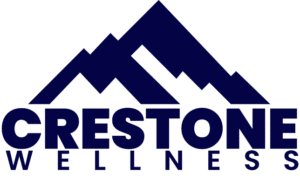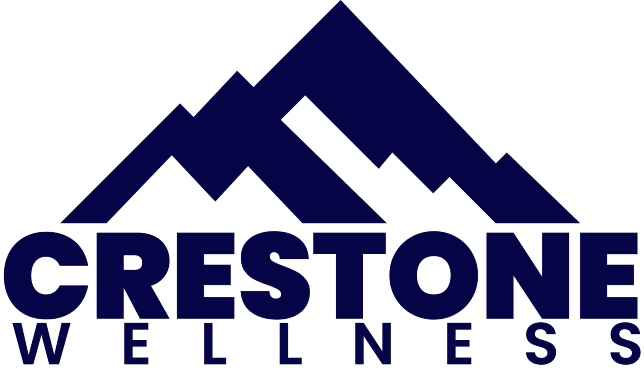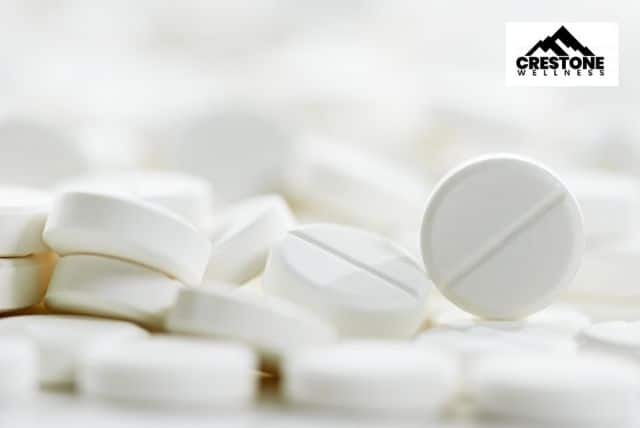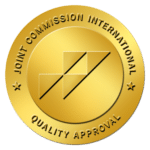A Rehab Center that Caters to Your Needs
Drug and alcohol addiction is a serious medical condition often known as substance use disorder or substance abuse. A detox center can help!
Your health and safety come first when you decide to receive treatment at our facility in Texas. Throughout withdrawal, we’ll assess your current medical situation and track your safe progress. To help you with your symptoms or desires, you might be prescribed medication.
Our drug and alcohol detox programs give you the time to recover physically and emotionally. We offer comprehensive, medically supervised care that supports the development of new coping mechanisms in your mind and the adaptation of your body to change.
What Is a Detox Center?

A detox center is where people struggling with substance abuse can start their road to recovery in the safest and most comfortable manner possible. The medical staff customizes treatment to meet the patient’s needs and will look for the best interventions and techniques that would elicit a positive response from the addict.
Depending on the severity of the drug or alcohol addiction, keep in mind that there are several detox treatments accessible. Patients may need close supervision if the addiction is severe to make any progress. Regular appointments with a professional may help patients in moderate situations to overcome withdrawal symptoms and return to their normal lives.
You have a choice between two categories of medical detox centers depending on the extent of the addiction:
Inpatient Detox Centers
When it comes to those with serious addictions or coexisting conditions, these facilities are advised as they offer round-the-clock supervision. Inpatient detox facilities generally detain patients for a predetermined number of days based on the severity of the alcohol or drug addiction and the program’s criteria.
Outpatient Detox Centers

Patients in outpatient detox clinics receive treatment throughout the day but are free to spend the night at home afterward. The best candidates for these facilities are those with lighter or more recent addictions, strong social support, and those without other medical conditions.
What Is a Drug and Alcohol Detox?
If someone wants to beat addiction, detoxification—eliminating poisons from the body—is a crucial first step. However, withdrawal symptoms are often seen during an alcohol or drug detox. These could be uncomfortable psychological symptoms such as depression and anxiety or severe physical sensations since your brain is dependent on the substance.
You receive specialist treatment for alcohol withdrawal symptoms, such as anxiety, physical discomfort, headaches, and insomnia, in an alcohol detox program.
Alcohol withdrawal can also result in more severe symptoms, such as seizures and hallucinations brought on by delirium tremens, a serious condition that has to be treated right away. To avoid potentially life-threatening complications, it is crucial to seek assistance from a detox facility.
Addiction medicine may also support detox regimens for heroin and opioids. These drugs create uncomfortable but not life-threatening withdrawal symptoms and those who try to detox on their run the risk of relapsing. You can start along the road to recovery by overcoming these obstacles with the aid of a detox facility.
Each person’s specific demands during detox are different since they are unique. If you’ve ever gone through withdrawal, you know how important it is to have a calm environment. A medically supervised detox at Crestone Detox Austin – Alcohol & Drug Rehab is the best option.
Although going through detox can be chaotic, it’s a necessary step toward recovery. Withdrawal symptoms will vary depending on the substance. Having medical supervision is essential for successful detoxification. When it comes to an alcohol and drug detox, many people opt for Crestone.
Not only do Texans benefit from our reputation as a top supplier of detox and addiction treatment programs in Texas, but people from all over the country. Our clients have seen success with our all-encompassing approach to addiction treatment.
How Does an Alcohol Detox Work? What Does it Entail?

In the US, alcohol and drug abuse is a serious problem.
The road to rehabilitation is a long and tough one that calls for dedication, concentration, and the love and support of those close to you.
Furthermore, the first and most challenging stages toward rehabilitation are typically admitting that you need expert help and enrolling in a medical detox center.
You can only get the psychological and physical help you badly need to overcome addiction while also getting the continual supervision of experienced professionals.
The Detox Process
The intake assessment, which is a discussion with the intake manager about your circumstances, needs, and different logistical difficulties, is the first action after checking into a detox facility. At that time, you must also complete paperwork, so the medical team has the data they need to devise a plan of action.
If you want to reap the maximum rewards of a detox program, it is imperative that you complete these forms responsibly, openly, and honestly. Details are essential to minimize health risks, difficulties, or inappropriate medications and ensure that your doctors and therapists know how to approach your medical care.
You should let your doctor know if you have a dual addiction or are receiving treatment for a mental illness. In this manner, they can consider all the variables and suggest the best course of action for your requirements.
What to Expect During a Drug and Alcohol Detox

Every person’s version of recovery is unique. To create a unique treatment plan tailored for you, your care team will collaborate with you.
You can stop using alcohol or other drugs and stabilize medically with the aid of detox. Additionally, you might be prescribed medicine to help you through withdrawal and decrease your cravings, depending on the substance you use – alcohol, prescription pills, or illicit narcotics – and the symptoms you experience. Our medical team will continuously monitor you while you receive inpatient care, and they will check how your body is handling withdrawal to keep you safe.
Although there isn’t a standard detox duration, those dependent on alcohol or benzodiazepines might anticipate a stay of up to 10 days. Opiate or methamphetamine addicts could require three to five days to finish the detox procedure. Of course, different patients may need different amounts of time.
You will be encouraged to participate in talk therapy sessions after you have stabilized. Based on your interests and needs, this may be group, individual, or family therapy.
Co-occurring Disorders

Numerous individuals who battle alcohol or drug addiction also battle other mental health disorders. We’ll work with you to meet all of your emotional needs both during your assessment and during your treatment. It can be challenging to determine whether a mental disorder is the root of addiction or if addiction is a factor in other mental health problems. Our focus is on treating you as a full person, including any mental health issues you may be dealing with.
Through support groups, you will also have the opportunity to interact with others. Your day will be completed by opportunities to engage in holistic therapies such as yoga, meditation, pet therapy, music, and painting.
You can be referred to one of our outpatient programs after the detoxification procedure and inpatient rehab, where you’ll discover useful ways to occupy your time and substitute negative or trigger behaviors. Additionally, you’ll work on sobriety maintenance techniques and receive health education.
Crestone in Texas Can Help You With the Detox Process!

You don’t have to go through the difficult and terrifying addiction treatment process alone; Crestone Detox Austin – Alcohol & Drug Rehab is here to help. We can design a specialized program that meets your particular needs and have the experience to handle any form of addiction. Contact us today to start your drug and alcohol detox. Substance abuse does not have to take over your life!






